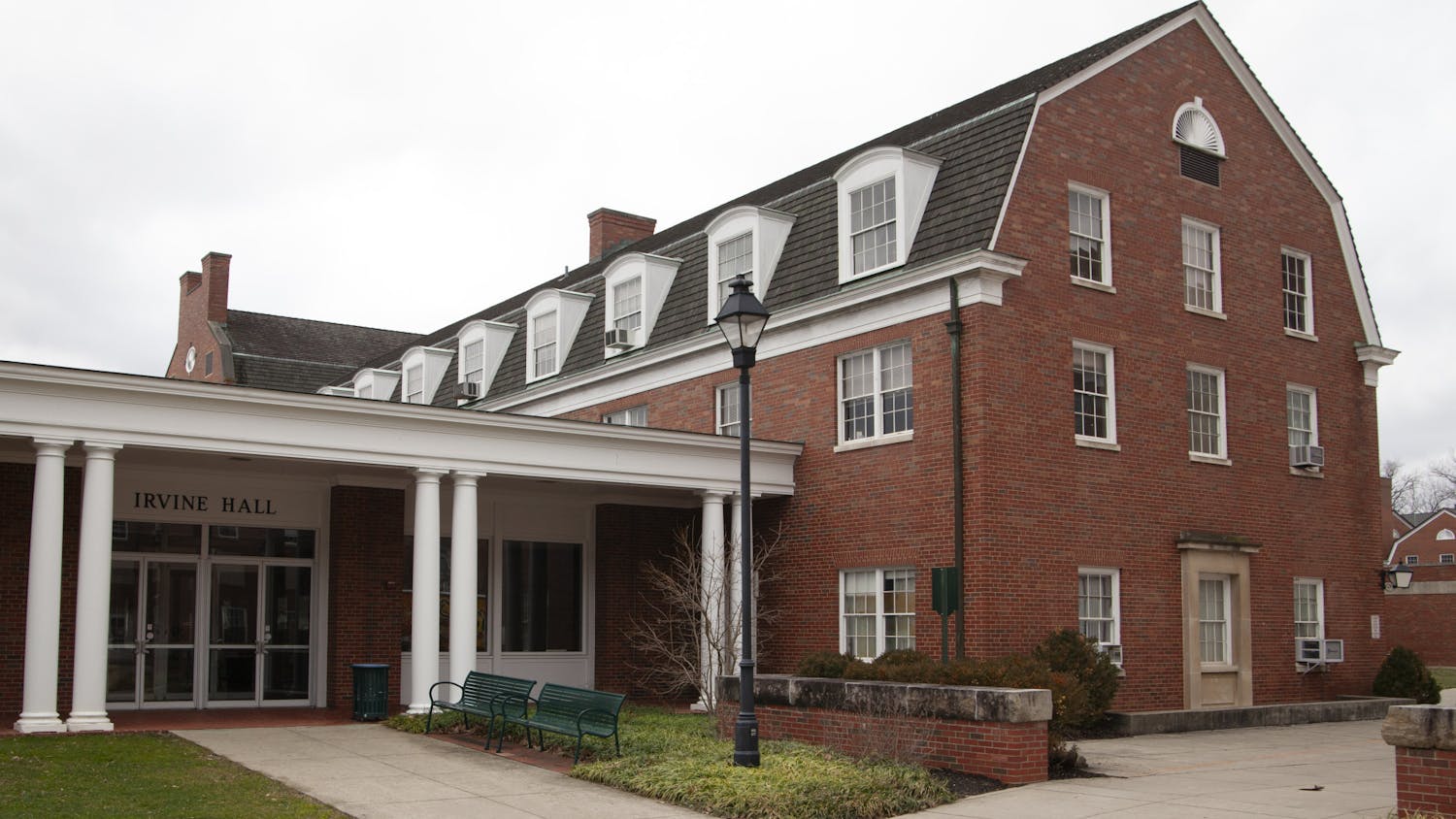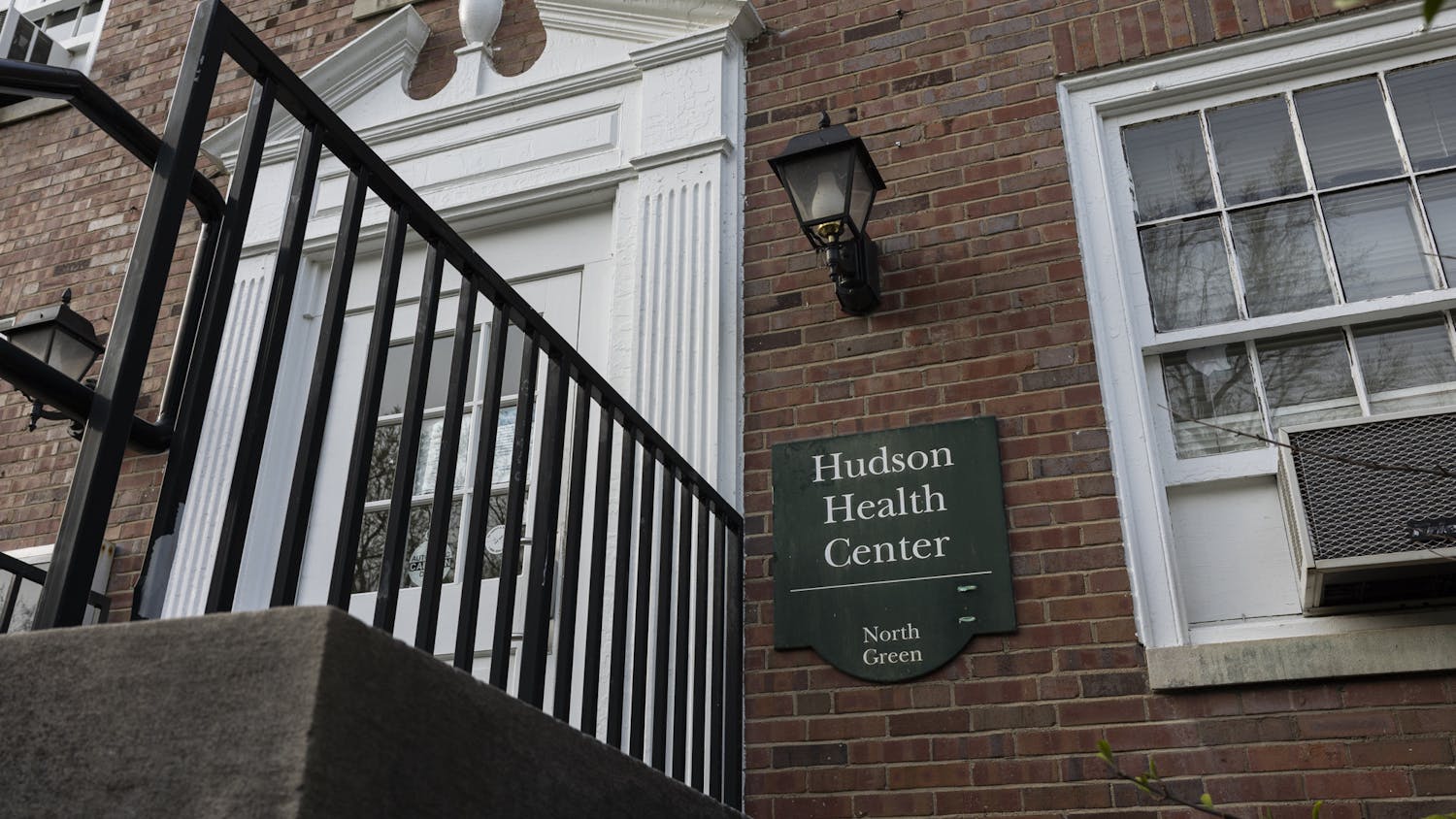Local health care providers aren’t expecting to see major changes with the implementation of the Affordable Care Act, or “Obamacare,” which is the leading cause of the current government shutdown.
O’Bleness Memorial Hospital and Holzer Health System officials said their respective care providers aren’t anticipating a significant rise in patients, even as insurance becomes available to more Americans.
“We see every patient who presents themselves whether they’re covered on insurance, on Medicaid or Medicare, or if they’re uninsured,” O’Bleness CEO Greg Long said. “We see all patients. What will change is if they have insurance going forward.”
That’s because O’Bleness is a nonprofit organization. More than nine percent of O’Bleness hospital patients were uninsured in fiscal 2013, Long said.
“We try to help them qualify for any programs that may help,” Long said. “If that’s not possible, they go into a category of charity care. We’re able to write that up for our not-for-profit status, and we do get some of that reimbursed by the state.”
At Holzer, which is also a nonprofit, even if there were an increase in patients, officials say it wouldn’t impact operations.
“Holzer’s facilities are able to handle an increase in volume,” John Cunningham, chief administrative officer for Holzer said, but they would have to increase the number of medical or support staff if there was a significant patient increase.
Campus Care, Ohio University’s health care provider, doesn’t expect this to have any affect on their services, Steven Davies, CEO of University Medical Associates, said. Every Ohio University student is required to have health care prior to coming to school, or they must sign up for the university’s plan.
Portions of the Affordable Care Act are focused on improving the quality of health care, Cunningham said.
“In theory we could see an improvement in quality, however that remains to be seen,” Cunningham said.
as299810@ohiou.edu
@akarl_smith





